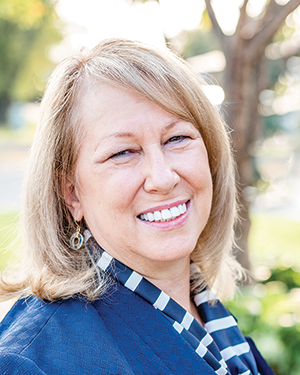Oncology Practice Management and the Practice Management Institute are proud to present our exclusive series on optimizing the patient experience. In next month’s edition, we present strategies to navigate reduced reimbursements, delayed reimbursements, and denied claims. This article was reviewed by Jan Hailey, MHL, CMC, CMCO, CMIS, CMOM, CMCA-E/M.
In the fast-paced environment of oncology practices, managing patient appointments is crucial to timely care and efficient office operations. However, dealing with no-shows, late arrivals, and last-minute appointments can disrupt schedules, strain resources, and potentially delay treatment for patients in need. The following list of strategies incorporates insights from leading health organizations and experts in medical practice management.
1. Communicate Clearly to Confirm Appointment Policies
The importance of clear communication when dealing with patients is basic to all aspects of medicine. When scheduling an appointment, describe office policies and explain the impact of no-shows and late arrivals on the practice and on other patients. A standard policy may include a requirement for patients to cancel appointments at least 24 hours in advance. This allows the office to offer the slot to other patients who may be waiting for an appointment. Exceptions can be made for emergencies or unforeseen circumstances, emphasizing the office’s commitment to compassionate care.
2. Establish an Appointment Reminder System
The use of automated reminder systems can significantly reduce no-show rates. Reminders can be delivered via text message, email, or phone call, allowing patients to confirm, reschedule, or cancel appointments in advance.
3. Consider Flexible Scheduling Options
Flexible scheduling may be an option for some practices. Extended hours or weekend appointments are effective in accommodating patients’ various schedules and can decrease the likelihood of no-shows and late arrivals.
4. Maintain a Patient Waitlist
Maintaining an active waitlist of patients who can come in on short notice is one way to fill appointment slots efficiently in the event of cancellations.
5. Educate Patients on the Importance of Timely Care
Educating patients about the importance of timely care in oncology is vital. The Oncology Nursing Society addresses barriers to adherence and advocates for patient education initiatives that highlight the critical nature of adhering to scheduled appointments for treatment effectiveness.
Conclusion
Effectively managing appointments in oncology practices requires a multifaceted approach. By employing clear communication, leveraging technology for reminders, offering flexible scheduling, maintaining a waitlist, and educating patients, the office staff can minimize disruptions and support the delivery of timely cancer care.
About the Reviewer

Jan Hailey is a WPS Government Health Administrators (Medicare) Provider Outreach and Advisory Group member and has been instrumental in developing Practice Management Institute’s Workforce Initiatives program. She has a Master of Health Leadership degree and five professional certifications in office management, coding, insurance processing, auditing, and compliance.


